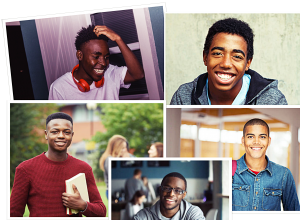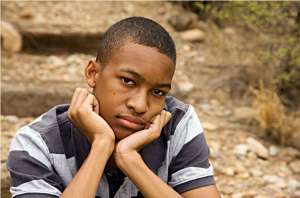Our most significant contribution should be to the future of our community.
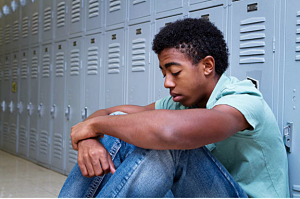
Of the nearly 42 million people who identify themselves as African American, 21.2% (9.0 million people)who fell below the poverty line in 2017. These individuals are at particular risk for mental health illness due to an overrepresentation in homeless populations, people who are incarcerated, children in foster care and child welfare systems, and victims of serious violent crime (Office of the US Surgeon General, 2017).
Poverty harms everyone that endures it, but it is especially harmful to the mental health of our youth.
In 2017 a survey was given to students from 9th to 12th grade in a large metropolitan area in the Mid-Atlantic. Many of the high schools existed in low-income neighborhoods.
Percentage of U.S. high school students who felt sad or hopeless in 2017, by gender and ethnicity.
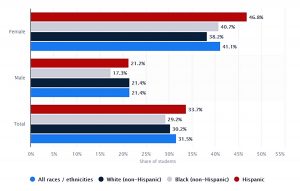
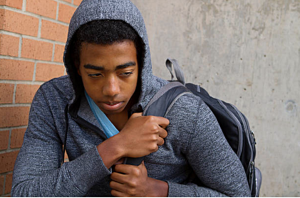
40% of our youth are in the criminal justice system, and 45% of children in foster care are Black/African American. Brothers Helping Brothers can work to eliminate or reduce behaviors prevalent in some of our youth, such as aggression, fighting, negativism, hopelessness, sadness, and isolation.
25% of African American youth exposed to violence have proven to be at high risk for Post Traumatic Stress Disorder (PTSD) We can work with the youth in our community, by utilizing intervention methods, such as dialogue and trust building, as well as interpersonal communication, negotiation and mediation. For traumatic stress, we can encourage youth to contemplate the psychosocial impact of violence, loss, and suffering as well as crisis response skills.
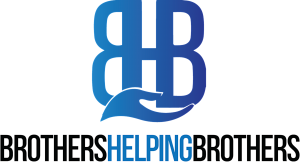
A SAFE PLACE WHERE BROTHERS CAN GROW TOGETHER
